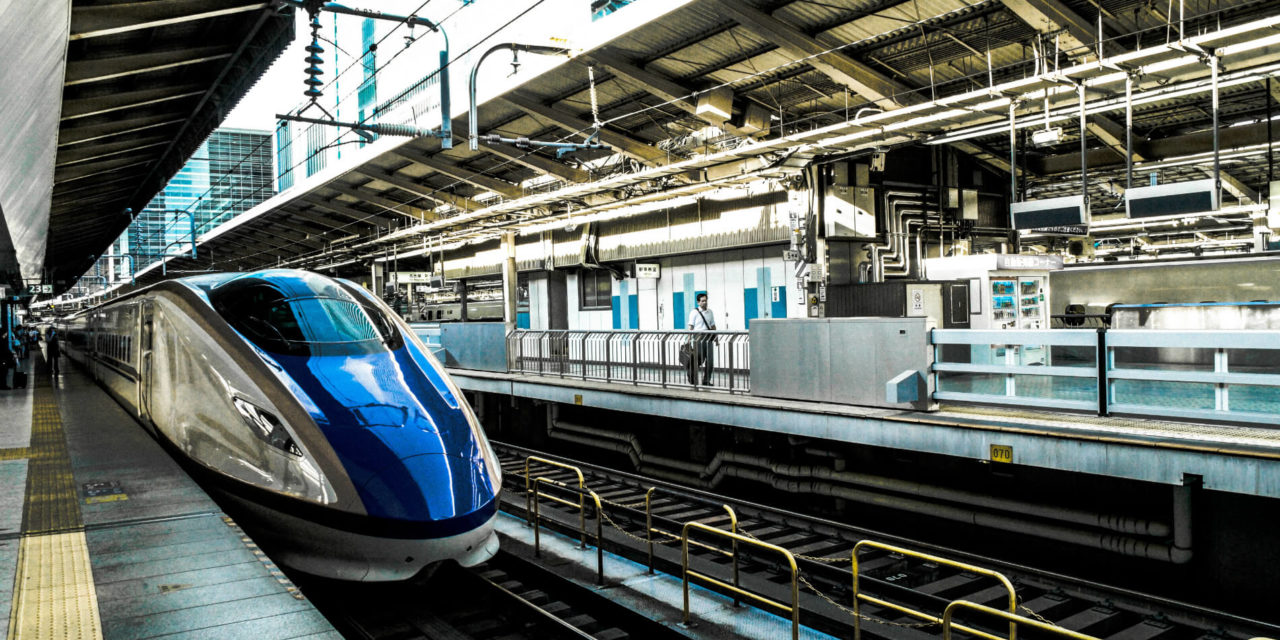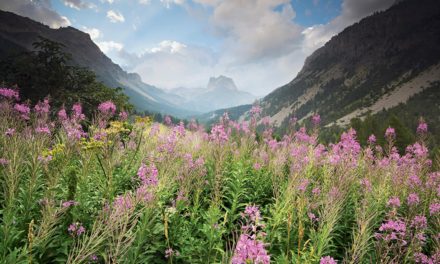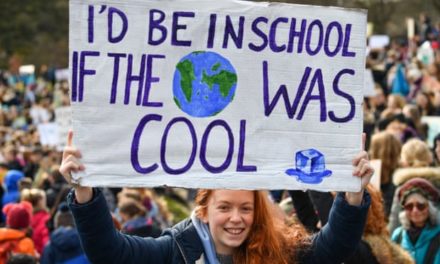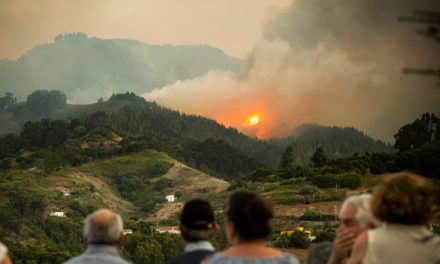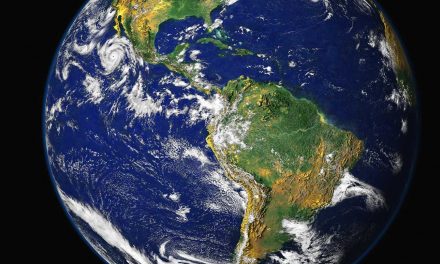In an effort to generate income for the mostly poor indigenous communities of the Yucatan peninsula, Mexican President Andres Manuel Lopez Obrador dispatched the third leg of construction for a multibillion-dollar railway project.
The project will run through five southern states carrying tourists from the resorts of Cancun and Playa del Carmen to the Mayan Ruins at Palenque while creating 80,000 jobs at a time that nearly a million have been lost to the lockdown caused by the novel coronavirus.

Many communities in the train’s path, however, feel deceived by scare information, while activists fear the social and environmental impacts.
“The train is going to open the heart of the peninsula and bleed it dry little by little,” said Pedro Uc, a member of the assembly of defenders of Mayan Territory Múuch Xiinbal and resident of Buctzotz, a community east of Merida, to AP News. “There will be (benefits), but in whose pockets?”
With a cost of $6.5 billion, the 950-mile train would bring thousands of visitors to Mayan archaeological sites, but conservationists say that too many tourists could mean environmental damage, overtaxed water supplies, deforestation and pollution.
“It’s about the threat to our culture, our language, our way of producing,” Uc said.
The train will run through Mexico’s largest tropical forest, yet few environmental assessments have been made public and those that have warn of significant impacts. The region is full of pre-Hispanic archaeological sites and has a distinctive hydrological system of interconnected subterranean caverns and sinkholes that could be at risk.
This week, the government said that it is beginning work on the Maya Train without having published an environmental impact report, as required by law. The agency responsible for the train said it had sought and received an extension on the deadline to file the report.
Lopez Obrador’s not-so-shiny environmental record
The Mayan Train is just the latest in a series of moves by López Obrador that have angered environmentalists. They chafe at the deep cuts that the president has made to Mexico’s environmental protection agency and to green civil-society groups, while at the same time doubling down on investments in Petróleos Mexicanos, the state oil company.
The administration has also cancelled bidding rounds for clean-energy projects in solar and wind power, while boosting natural-gas pipelines and refineries, which experts say will complicate Mexico’s goals under the Paris Climate Accords to reduce greenhouse-gas emissions by 22% by 2030.
- Travellers are Rethinking Flying as Flight Shaming Takes Off - 1st March 2021
- Oxford-Backed Project Connects Partition Survivors to Their Ancestral Homes - 22nd February 2021
- Helping Your Own: A Young Aslyum Seeker Explains the Importance of Volunteering in the COVID Era - 7th September 2020

